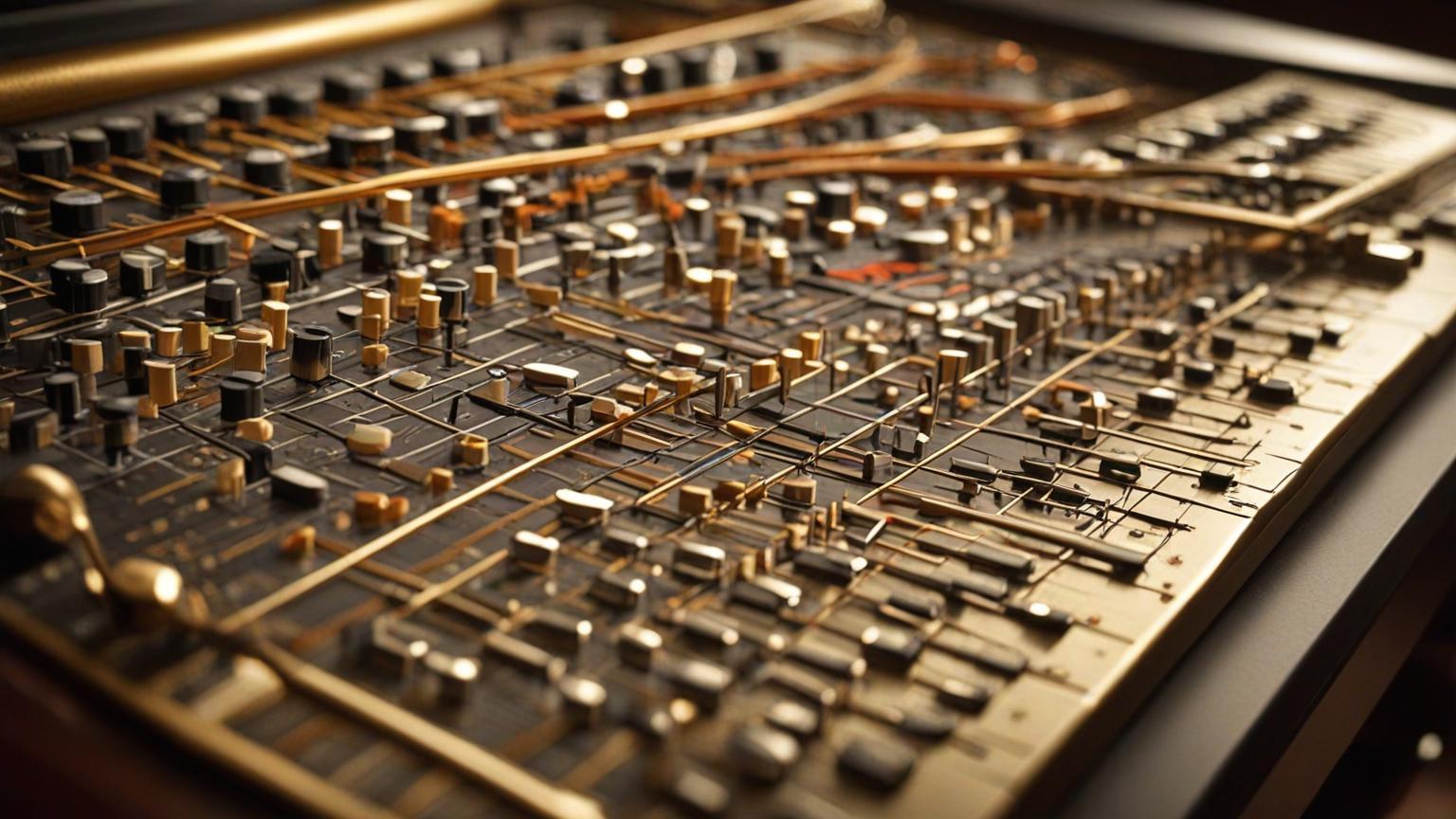In the vibrant realm of music, where artists often bask in the limelight, there exists a lesser-known species dwelling behind the veil of fame: music producers. These unsung heroes craft the very fabric of songs, weaving together notes and rhythms to create auditory experiences that resonate with listeners long after the track has ended.
Music producers are the architects of sound. They are the ones who transform raw musical ideas into polished, harmonic masterpieces. They don’t just record the tracks; they meticulously sculpt them, ensuring each element is in the perfect place to evoke emotion and tell a story. Whether it be the iconic beats of Dr. Dre or the lush soundscapes created by Brian Eno, producers play a pivotal role in defining the sound of an era.
Yet, despite their importance, music producers often remain in the shadows, overshadowed by the artists they produce for. It's a peculiar paradox: while their work is heard worldwide, their names often elude the casual listener. But dive beneath the surface, and you'll find a rich tapestry of creativity fueled by individuals who possess an uncanny ability to perceive sound in layers and textures.
Take, for instance, the boundary-pushing work of Rick Rubin, whose stripped-back production style helped redefine several genres. Or consider the late SOPHIE, whose avant-garde approach to pop music opened doors to new sonic possibilities. These are names that might not appear in bold headlines, yet their influence is unmistakable.
Music producers are also visionaries who bring together disparate elements to forge something entirely new. They are collaborators and facilitators, bridging the gap between the artist's raw talent and the listener's expectations. This role requires a deep understanding of technology, psychology, and music theory—all of which combine to create that perfect track.
Moreover, with the evolution of technology, the landscape of music production is shifting. Modern producers have access to a treasure trove of digital tools and platforms that previous generations could only dream of. From home studios filled with analog synths and vintage drum machines to the latest in digital audio workstations, the possibilities are endless. This democratization of music production means that virtually anyone with a computer and a passion for sound can become a producer.
However, technology is a double-edged sword. While it offers new opportunities for creativity, it also means that producers face a saturated market. Standing out requires innovation and a distinct sonic identity—qualities that cannot be replicated by software alone. As a result, today's producers must be both technically skilled and artistically visionary, able to navigate the delicate balance between tradition and innovation.
Despite these challenges, the future for music producers is bright. They continue to push boundaries, exploring new genres and hybrid sounds. Their work shapes cultural movements and inspires future generations of musicians. As music lovers, it's time we give these talented individuals the recognition they deserve.
So next time you listen to a track that moves you, take a moment to appreciate the artistry behind the scenes. Consider the producer who sculpted the music into the sonic masterpiece that's now etched into your memory. In doing so, we honor the often-overlooked architects of sound, ensuring their legacy resonates as strongly as the music they create.
The unsung architects of sound: Exploring the hidden world of music producers

